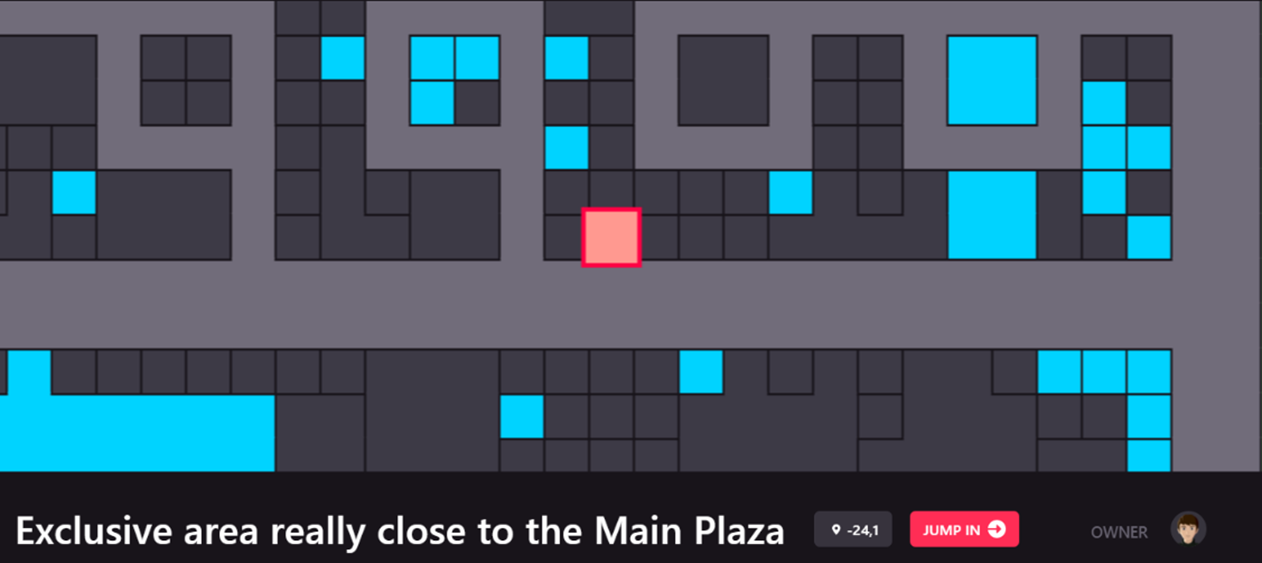Are you ready for the Metaverse? Probably not, but please bear with me, because the legal implications will be enormous. Open your creative mind first, and at the very end apply your critical thinking legal intellect. Here we go.
Imagine, if you will, a world resembling our physical one, but a completely virtual, immersive, colorful, all-encompassing one with land, rivers, houses, farms, people, animals, full cities, stores, businesses, concerts, and everything else contained in our physical world. Sauntering down a bustling city street, minus the smells, is as easy as walking on a moon that orbits an earthlike place. Platforms with full replication of our physical world are being built through a wearable device to create this Metaverse. Why? That seems a tad ridiculous.
Yet, before the iPhone was launched 14 years ago, we didn’t imagine the myriad of things we could accomplish by simply touching a piece of glass-faced, hand-held technology today. It would have been a leap of faith to see where we sit now. Thus, the Metaverse is that next leap.
Over the next 18 months, following an era of Zoom and Teams virtual meetings on laptops and mobile devices, Apple will be releasing the first mixed or virtual reality headset, allowing for people to interact virtually. Initially the focus will be on new Zoom-like meetings with far more immersive business engagements, but then it gets more profound. Wait for it.

Why now?
The Metaverse, or Web 3.0, is developing, but what led us here? First came layer one: blockchain, an immutable database to store information, in concert with the proliferation of cryptocurrencies, an ability to transfer value akin to currency initially, but later representing all assets. The tokenization of assets is a seminal concept and means that anything physical, or more important in this instance, digital, can be proven and has authority via code on an immutable ledger.
The latest manifestation of this authenticated representation of ownership are NFTs (Non-Fungible Tokens), and their popularity is the slippery slope of the Metaverse. Initially, people are buying digital art. In building out the Metaverse, art will be displayed on the walls of homes. However, the assets, living in smart contracts on the blockchain represent all assets. Homes, offices, land and even designer clothing of this world — legally represented by deeds, contracts, and leases — have been tokenized. This means you can buy digital land, homes, and other objects on a platform like OpenSea, to prove you own it. That value creates a network effect, enabling interactions within an ecosystem, and therefore a new Metaverse (world) is born.

Indeed, OpenSea is just one of several marketplaces where individuals can buy the future of asset ownership in the Metaverse. All asset ownership, both digitally and physically, could be ported over to an NFT on blockchains. All of these critical pieces are then layered on top of a platform of animation — the actual space inside the headset, which has been with us for many years. It is the asset tokenization that makes this paradigm shift most pivotal. Transactional attorneys should beware, and litigators should feel their eyes widening at the possibilities ahead.
The virtual spaces being developed have cities in which you can buy almost anything. Land, upon which you can build your house, then you can fill that house with pieces of art (via NFT), and wear an outfit that is a verifiable Ralph Lauren suit with Nike shoes. The concert you attend requires a ticket (another NFT), and the subsequent music you want to purchase is also digitally saved and copyright enabled. Again, all of this is purchased from companies with underlining NFT ownership.
These digital worlds will likely be our future in the next decade, and a substantial amount of your time will be inside of these worlds. I know, it’s terrifying. If you are skeptical, however, note that OpenSea processed transactions of more than $3.3 billion in August alone, and this is just the beginning.
In the Metaverse, people will interact, transact, own assets, have relationships, build things and companies, create intellectual property (IP), have copyright issues, and advertise. Further, crimes may happen, insurance likely will be developed, and a massive host of other IRL (In Real Life) concepts that now all now require will evolve — and that will require legal professionals to be involved.
Not to mention the scaling of DeFi (Decentralized Finance), which has already begun and will continue to ramp up. Clearly, this is a burgeoning market. While I have been engaged in this space for several years, a recent white paper from Reed Smith on the Metaverse underlined its importance for the legal industry. It is a worthy read if you wish to continue down the rabbit hole.
What’s next?
What is on the horizon as we move into the Metaverse? DAOs, for one,
DAOs (Decentralized Autonomous Organizations) are entities that have been built by humans. Likely a business initially, but once the code has been written, the code acts as the law and it runs the business autonomously. These DAOs will proliferate both inside, but more importantly for the foreseeable future, outside of the Metaverse. They are already very successful, supporting $25 billion on one DeFi DAO right now. (I will examine the magnitude of DAOs in an upcoming post.)
The implications of the Metaverse for the legal community and within the regulatory community as well as every other facet is enormous. While this space is being built, it is still early. Over the course of the next several years, the Metaverse and all its implications will move from the fringe to a more important arena for lawyers to contemplate and eventually address. Now is time for those lawyers to apply their critical thinking legal intellect.







